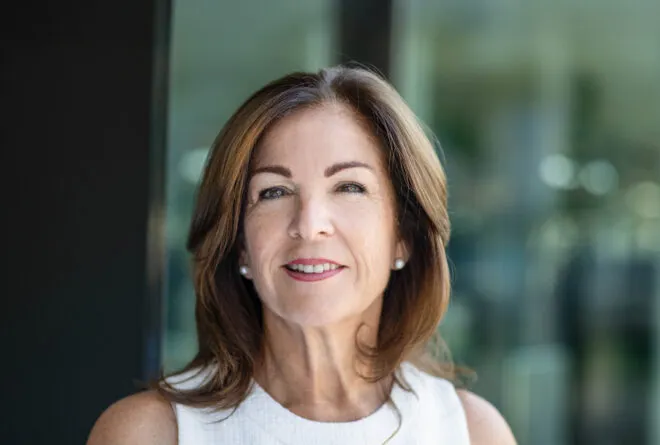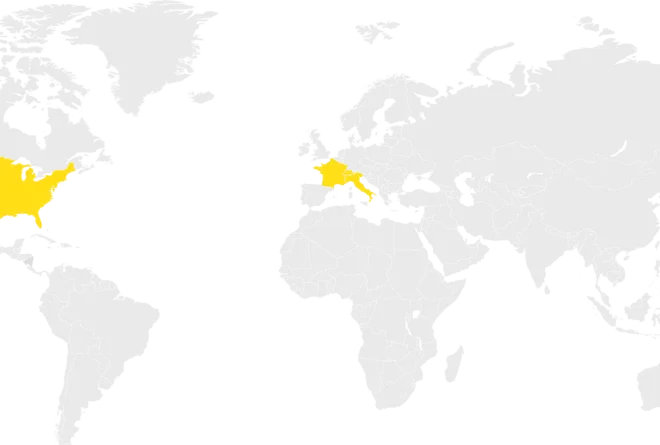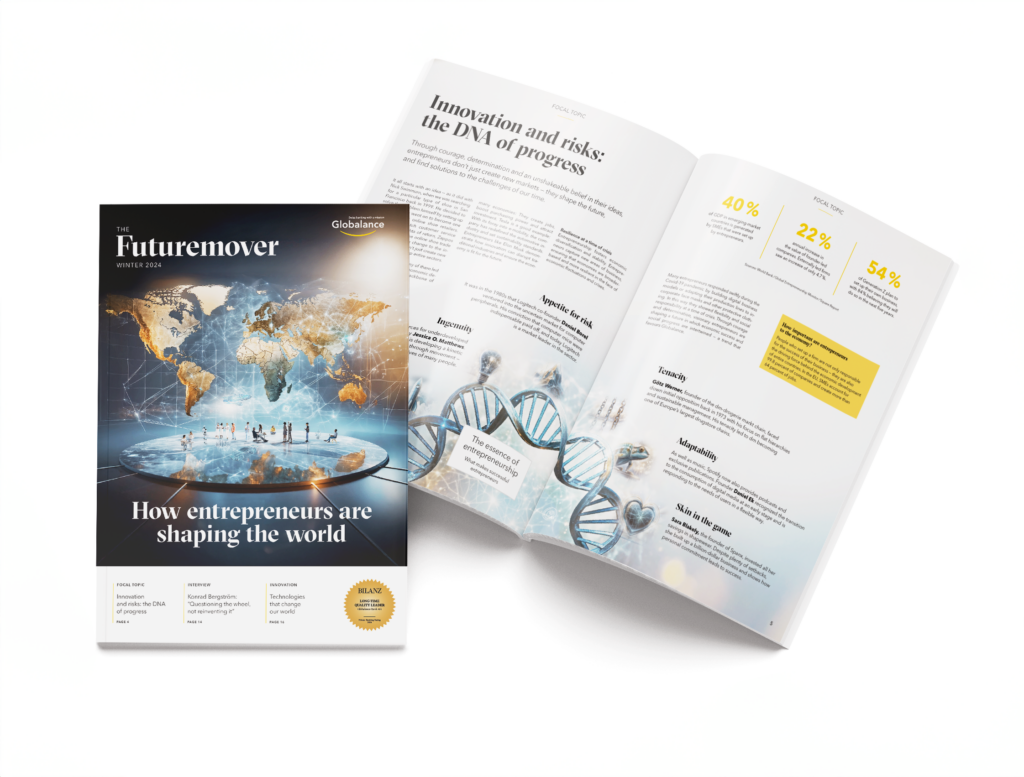News & Trends
True Costs
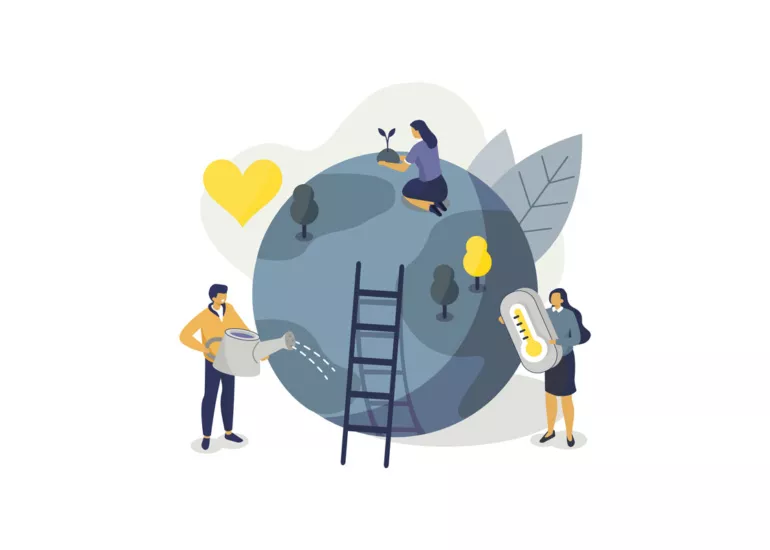
The New Reality
Free goods such as air, lakes, rivers or forests are characterized by the fact that they are available in almost unusable quantities and, by definition, are available to everyone free of charge. This is what economics students are taught. But who pays for it if environmental damage is caused to the “free” goods?
Does the factory that discharges wastewater into a river pay for the necessary drinking water treatment or are the externalized costs transferred to society as a whole? The debate about true costs and the polluter- pays principle will be an inevitable part of sustainable development and it often reflects the conflict between environment, society and economy.
It is High Time
“Biodiversity and nature’s contributions to humanity are our common heritage and the most important life-sustaining safety net for humanity. But our safety net is stretched almost to breaking point”. — Prof. Sandra Diaz (Chair of IBPES).
Half of the 560 wild bee species are threatened or even already extinct. Monocultures change natural ecosystems and significantly minimize habitat and food diversity. The agricultural use of pesticides also contributes considerably to the reduction of diversity. Bees are the most important labour force in agriculture. 75 percent of the cereals grown worldwide and a third of food production depend on their pollination. Without their busy little legs much of the ripening of fruit and vegetables would be largely absent. The economic benefit of this insect species is estimated at 153 billion euros worldwide. Each species plays its own role in its ecosystem. Soils as the basis of our food would be unimaginable without earthworms. Forests not only provide habitats for many animal species, but also the oxygen we need to breathe. The greater the diversity of insects, bacteria and fungi, the better the plants that we eat thrive. Biodiversity generates considerable economic value, which is almost immeasurable in terms of ecosystem services.
Invoice from Today or Receipt for Tomorrow?
Would the prices of organic products be more competitive if conventional agriculture had to bear “hidden” additional costs? Probably yes. The use of synthetic fertilizers and herbicides has an impact on many types of environmental damage, but is not sufficiently taken into account in the calculation of food prices. Organic farming, on the other hand, represents a more realistic price that already takes social and environmental costs into account. According to a study by Vision Landwirtschaft, consumers pay only half of the CHF 15.9 billion costs of Swiss agriculture. The rest is offset by government subsidies and the general public, which is involuntarily affected by environmental pollution. Not really an incentive model!
Tackling the Freeloaders
Nobel Prize winner William Nordhaus and numerous economists think that there are too many climate protection freeloaders. The future damage should be scientifically estimated and charged to today’s emitters without exception via a CO2 tax. This could give consumers and producers the right incentives to reduce emissions and develop climate-friendly technologies. At the beginning of 2020, for example, Swiss Re was the first multinational company to voluntarily introduce its internal CO2 taxes in the three-digit dollar range. In the future, the promotion of true costs and adherence to the polluter-pays principle could be a way of balancing the economic success of a national economy with environmental protection. That would be a real boost for social justice!
THE FINANCING OF OWN DESTRUCTION
The subsidies granted by the USA to fossil fuel producers amount to about 20 bn USD and for Europe about 55 bn Euro. Paradoxically, countries that have all signed the Paris Climate Convention are promoting an industry that is responsible for 65 percent of global greenhouse gas emissions. According to the International Monetary Fund, emissions could have been 28 percent lower without these subsidies. Instead of lobbying and providing misguided support, we need high subsidies for a successful energy turnaround and clean technology for a prosperous future.
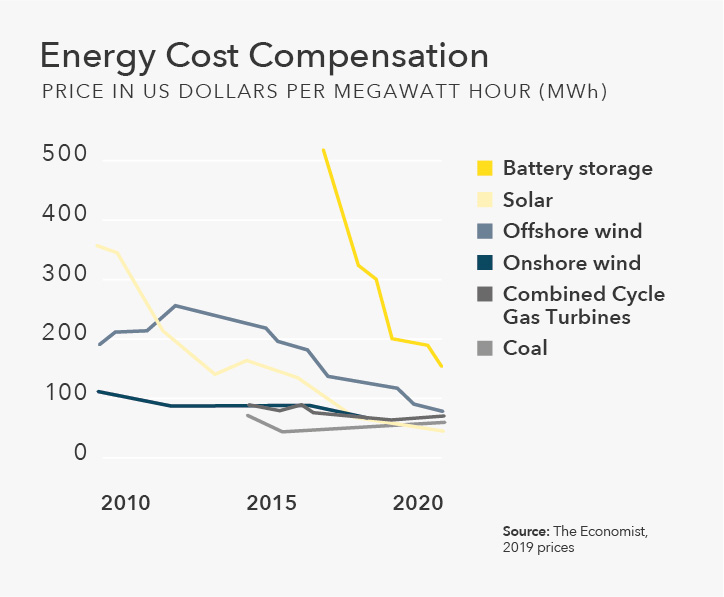
The What-if Question
Market inefficiencies are not sustainable in the long term. Sooner or later, every business model has to face reality. That is why investors successfully think ahead: What would happen to this share if one ton of CO2 cost USD 100? The Globalance Footprint® helps provide guidance — positive Footprint companies are well prepared for a change in framework conditions, but negative ones must be avoided.
